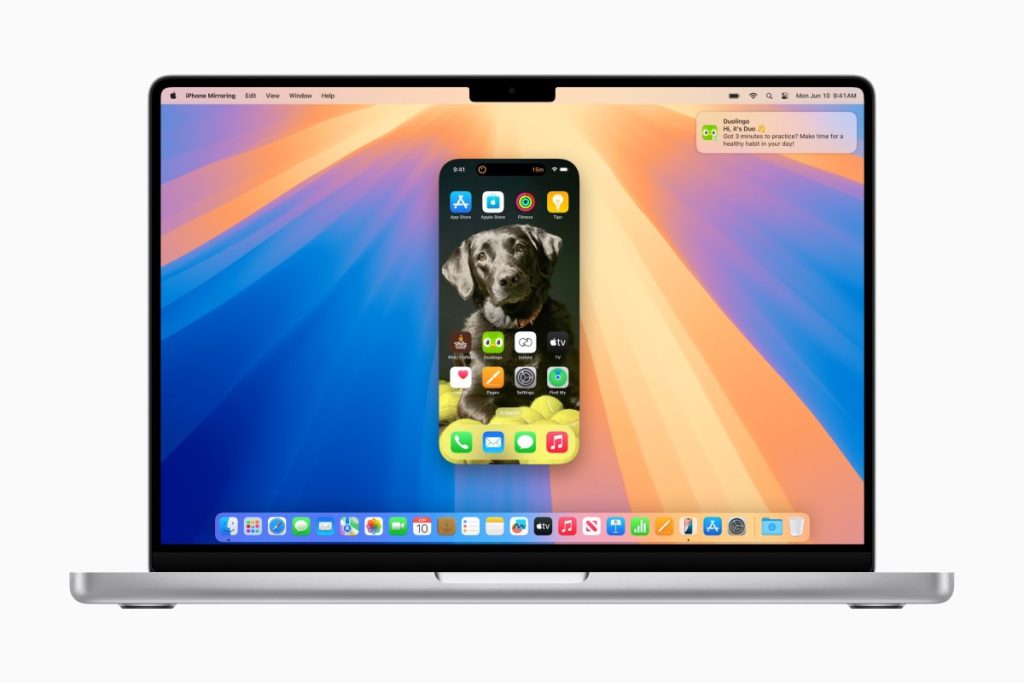Apple is set to launch macOS Sequoia on September 16, marking its earliest major desktop operating system release to date. This launch focuses heavily on AI features to drive a new wave of hardware upgrades for the company.
Unveiled at WWDC 2024, macOS Sequoia introduces a range of AI-powered features known as Apple Intelligence, including the popular iPhone Mirroring functionality.
Industry experts view this accelerated release as Apple’s strategy to boost hardware sales. Analyst Erik Woodring from Morgan Stanley suggests that the AI capabilities could lead to a “multi-year product refresh cycle,” potentially increasing the rate at which users upgrade their devices.
Users can anticipate enhanced natural language processing in Siri, intelligent summarization in Notes, and context-aware suggestions in various applications with macOS Sequoia.
Additionally, Safari receives significant improvements in Sequoia, such as the Highlights feature for improved information discovery and an updated Reader mode for better consumption of long-form content.
The Apple Intelligence suite will be available in beta next month, initially for US English users. Apple plans to expand the features to more languages and platforms over the next year, with specific support for devices powered by Apple Silicon M1 or later.
Another key feature of Sequoia is iPhone Mirroring, enabling users to access and manage their iPhone directly from their Mac, effectively extending the functionality of their mobile device.
Mac gaming support has also been bolstered in Sequoia through partnerships with major developers and technical enhancements like Metal 3 and MetalFX Upscaling, aimed at optimizing gaming performance on Mac hardware.
The early release of macOS Sequoia breaks Apple’s tradition of launching desktop OS updates in late September or October, reflecting the company’s response to the competitive PC market and the growing demand for advanced AI features in consumer technology.


